In this People Living with HIV Stigma Index Global Report 2023, we present the fruits of their labour – a tapestry woven from the experiences of over 30,000 individuals living with HIV.
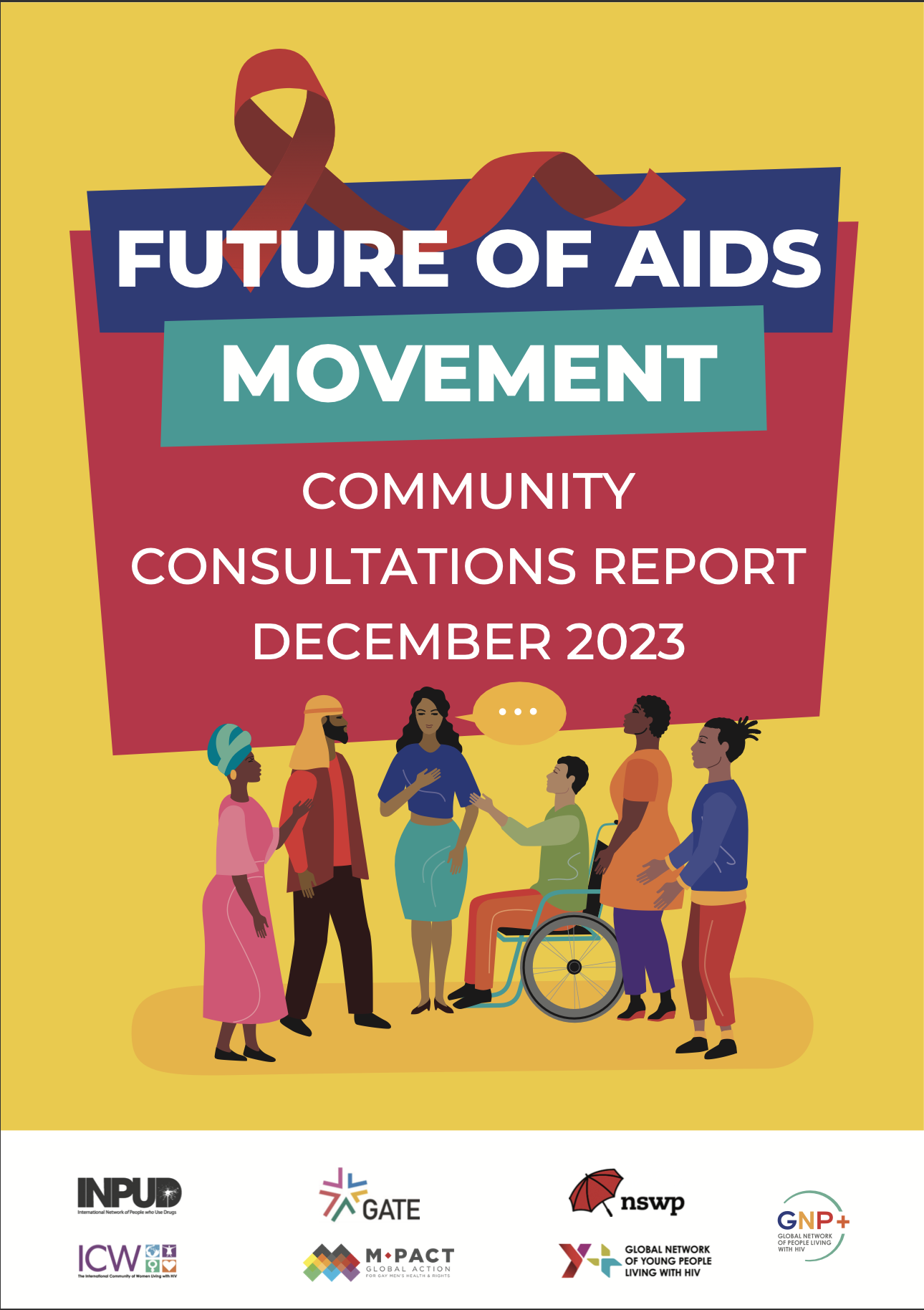

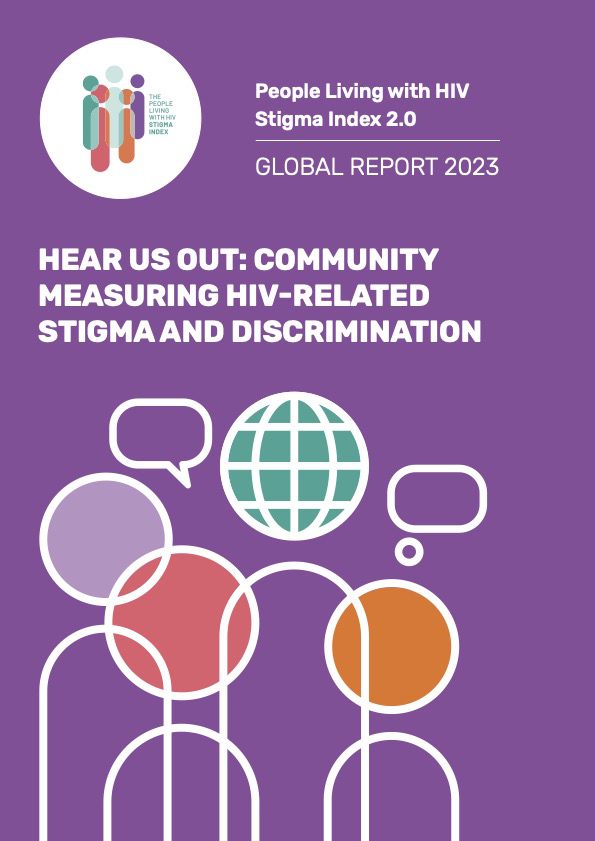
In this People Living with HIV Stigma Index Global Report 2023, we present the fruits of their labour – a tapestry woven from the experiences of over 30,000 individuals living with HIV.
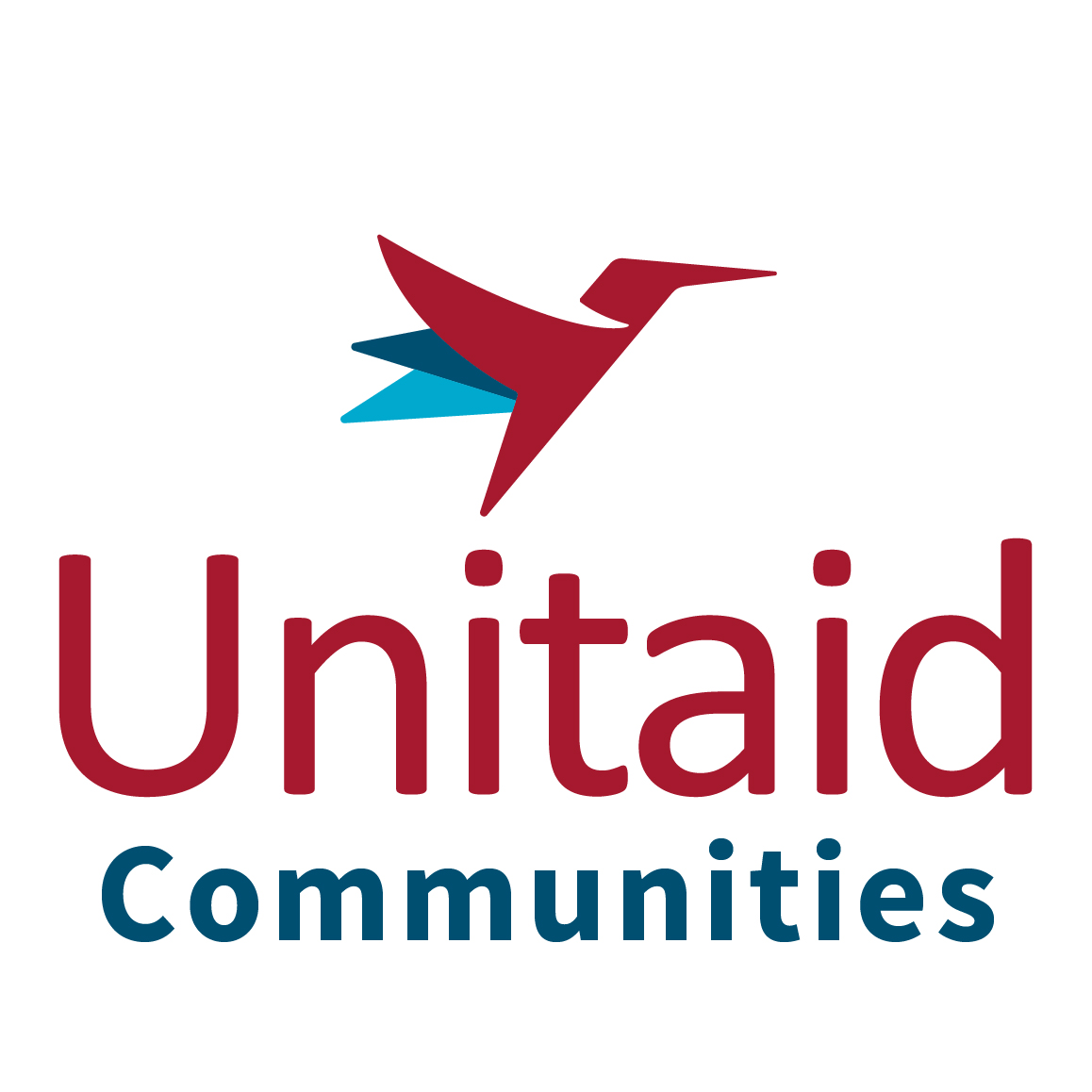
The Communities Delegation to the Unitaid Board, representing people living with the diseases, actively participated in the 43rd Executive Board session at its semi-annual meeting held on 21 and 22 November 2023 in Brasilia, Brazil. The Communities Delegation was represented by the Board member, liaison officer and four delegation members who held pre-meetings prior to the EB43 session to discuss the board meeting agenda and support the interventions of the Communities Board member to represent the voices and concerns of the communities at grass root level.
This brief report summarises the key issues discussed at the Board meeting, the Communities Delegation’s positions, and the resulting outcomes and decisions.
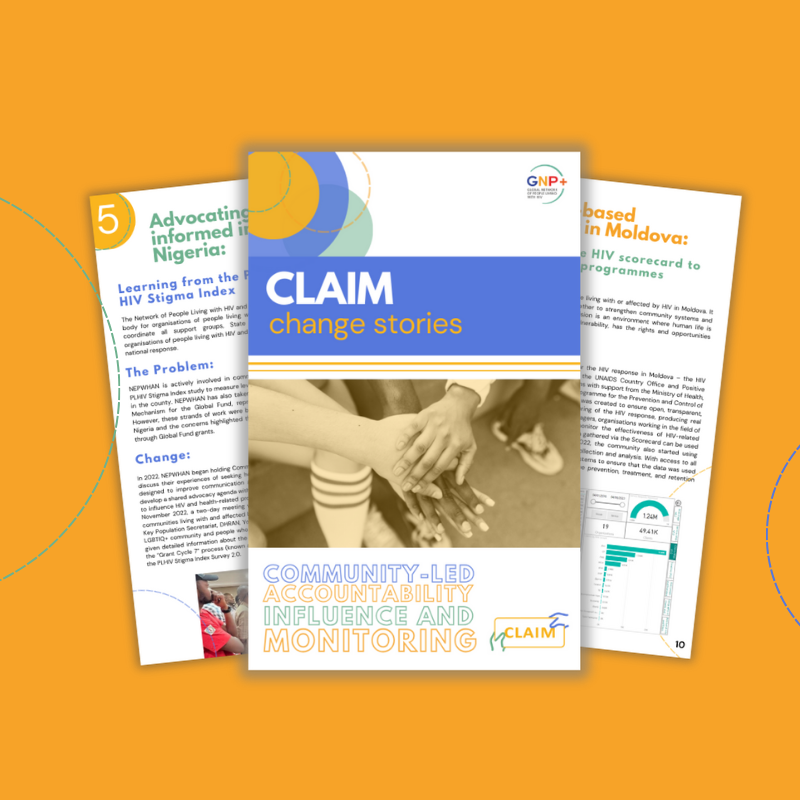
Our CLAIM programme supports people living with HIV to fully claim their space in Global Fund processes and claim their role in ensuring that Global Fund grants are developed, implemented, and monitored in ways that are effective and inclusive. It is a collaboration between GNP+ and networks of people living with HIV. These stories of change highlight some of the achievements of our CLAIM partners in Eswatini, Malawi, Moldova, Nigeria, Indonesia and Pakistan, showing how they have successfully influenced Global Fund processes and sharing the lessons they have learned along the way.
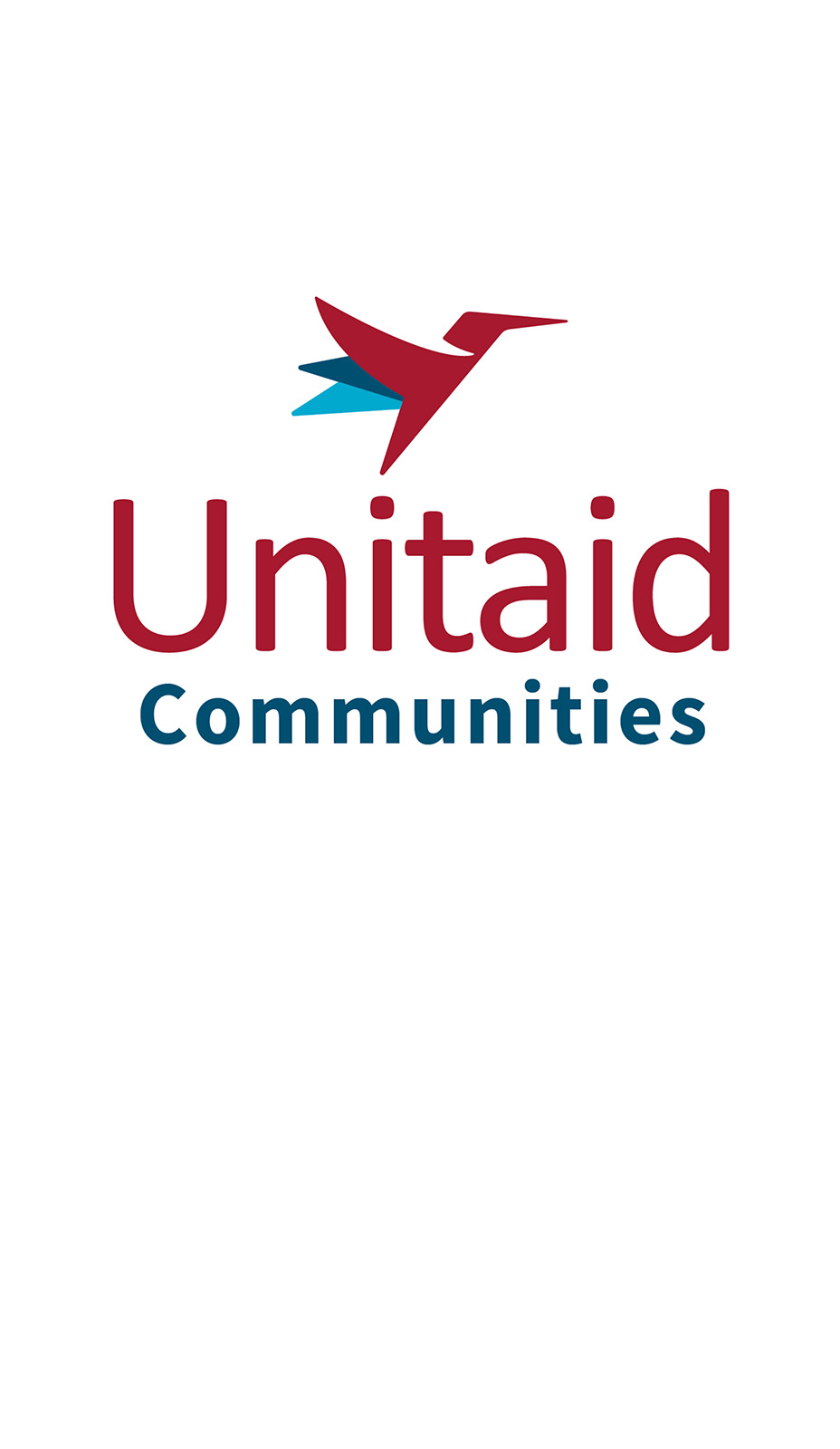
The Communities Delegation to the Unitaid Board, representing people living with the diseases, actively participated in the Executive Board of Unitaid at its semi-annual meeting held virtually, on 15 and 16 December 2021. The Communities Delegation was represented by the Board members, liaison officer, and five delegation members. Prior to the EB39 meeting, the Delegation held pre-meetings to discuss the board meeting agenda and support the interventions of the Communities Board members to represent the voices and concerns of the communities at grass-root level.
This brief report summarises the key issues discussed at the Board meeting, the Communities Delegation’s positions, and the resulting outcomes and decisions. Download below.
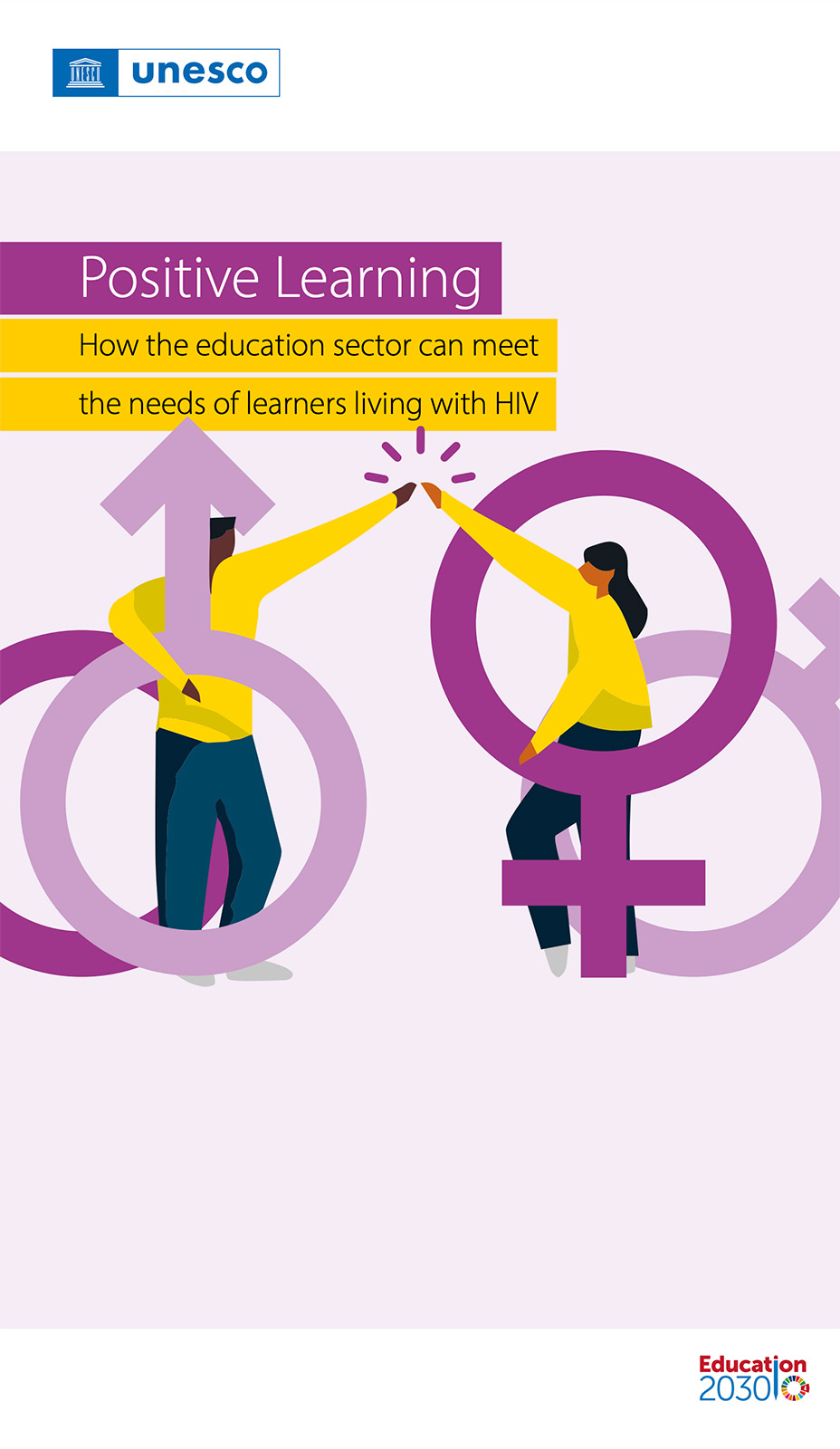
The recommendations in this briefing document build on the original Positive Learning publication developed in 2011 by UNESCO and the Global Network of People Living with HIV (GNP+). With significant changes in both the international education sector and the global HIV response over the past decade, it is now timely to update and ‘reboot’ Positive Learning to address the current daily realities for adolescents and young people living with HIV as they navigate issues such as sexuality, relationships, gender identity and expression, treatment access and adherence.
This revised and updated version is the result of a partnership between UNESCO, GNP+ and the Global Network of Young People Living with HIV (Y+ Global). Y+ Global led a review process that was inclusive, multisectoral and youth-led, underpinned by the principle of the Greater Involvement of People Living with HIV/AIDS (GIPA).
The recommendations in this briefing document seek to inform a broad range of stakeholders. They can serve, for example, as a tool to inform the review and update of national policies and curricula, as a guide for schools or teachers looking to build a more inclusive and supportive environment for learners, or as an advocacy tool for civil society organisations and youth activists.
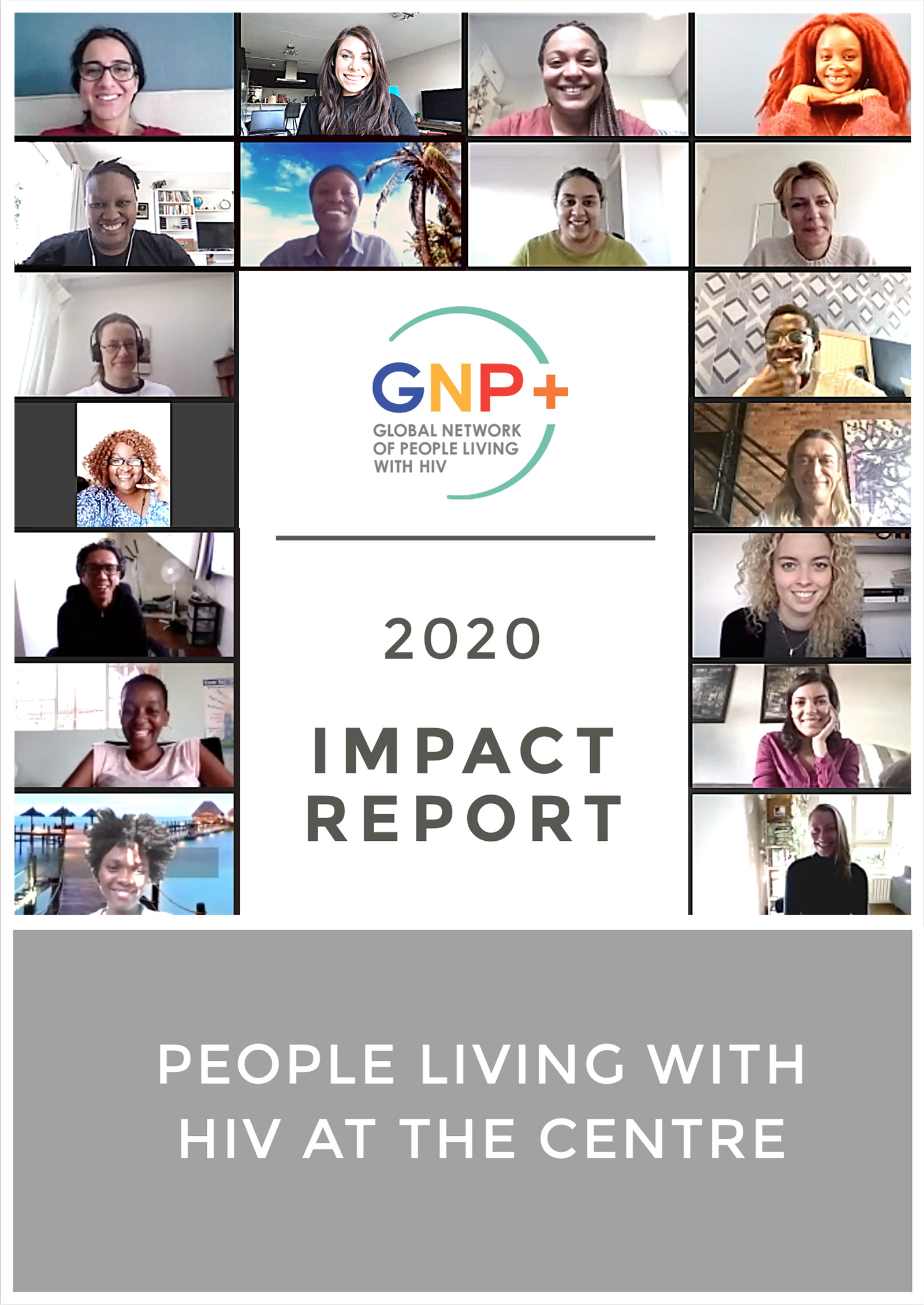
All of the incredible things we have achieved as GNP+ in 2020 have been possible through the support and solidarity of our partners. And while the pandemic impacted us too, it has not stopped us. If anything, it has reignited our determination to fight injustice, as we continue to be inspired by the work of our communities.
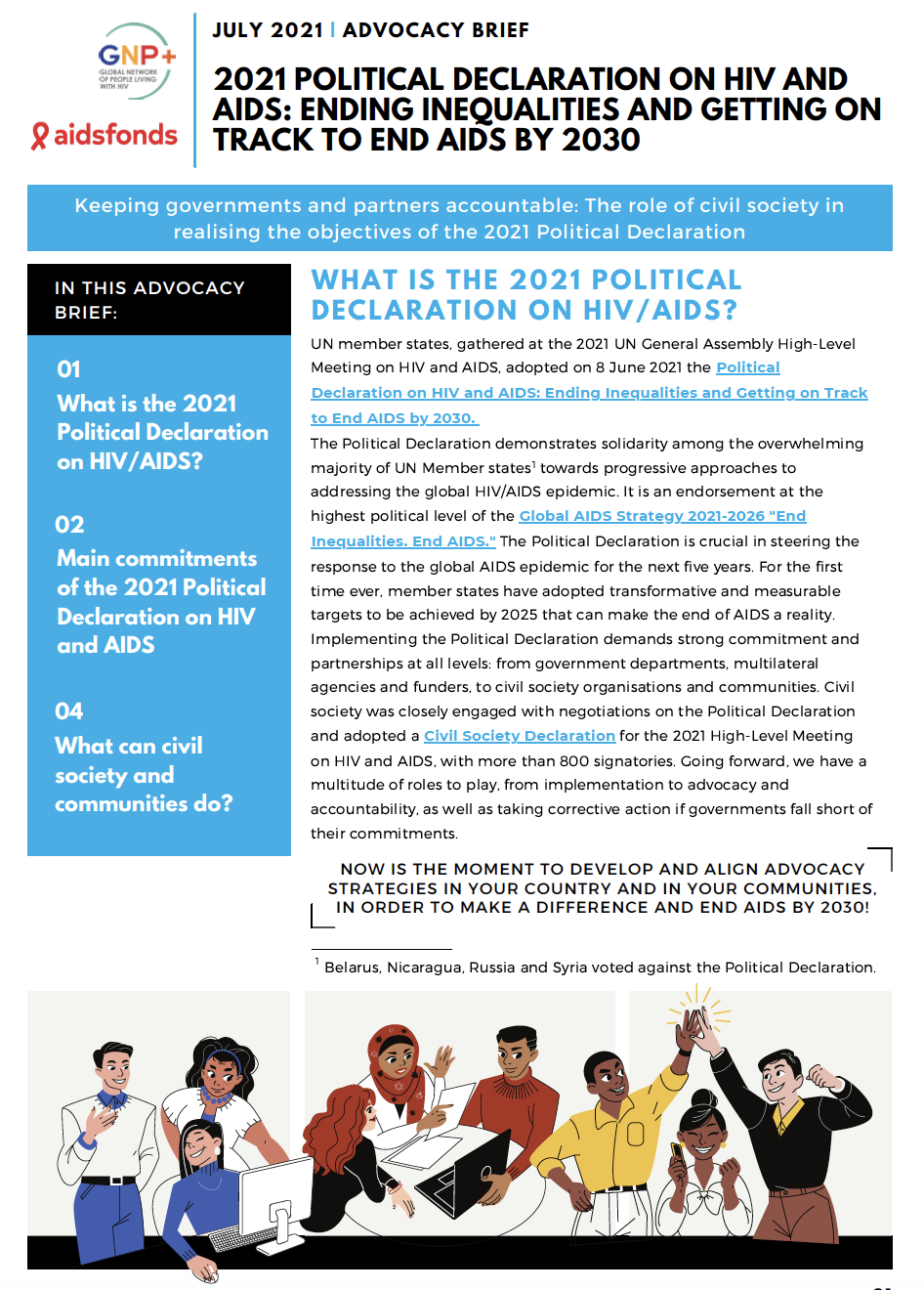
HLM Advocacy Brief now available – Keeping governments and stakeholders accountable for the outcomes of the HLM
The HLM process may have come to an end and the Political Declaration adopted, but for many of us, the work has just begun! Just as the Multi-Stakeholder Taskforce, the Love Alliance welcomes the critical commitments on transformative and measurable targets on programmes that are needed to end AIDS, specifically the 10-10-10 targets on societal enablers, calling for member states to end all inequalities faced by key populations by 2025. The Political Declaration however does not include wording on issues related to sexual orientation and gender identity, sexual reproductive health and rights, comprehensive sexuality education, decriminalisation and repealing punitive laws.
It is incredibly important that we keep governments and stakeholders accountable and take corrective action if they fall short of their commitments. Civil Society has a crucial role to play in this process. To support them, the Multi-Stakeholder Task Force has developed an Advocacy Brief, in which the whole process is explained, as well as the outcomes, and what can be done now as a follow-up. We must begin to develop and align advocacy strategies in our countries and communities, in order to make a difference and end AIDS by 2030. Onwards!
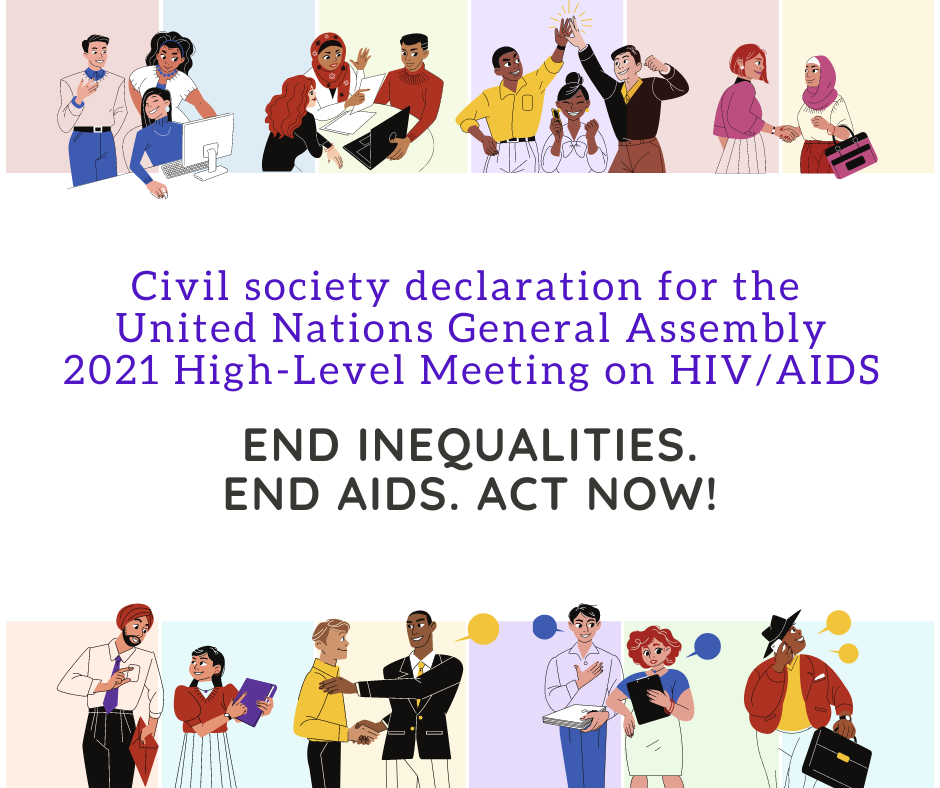
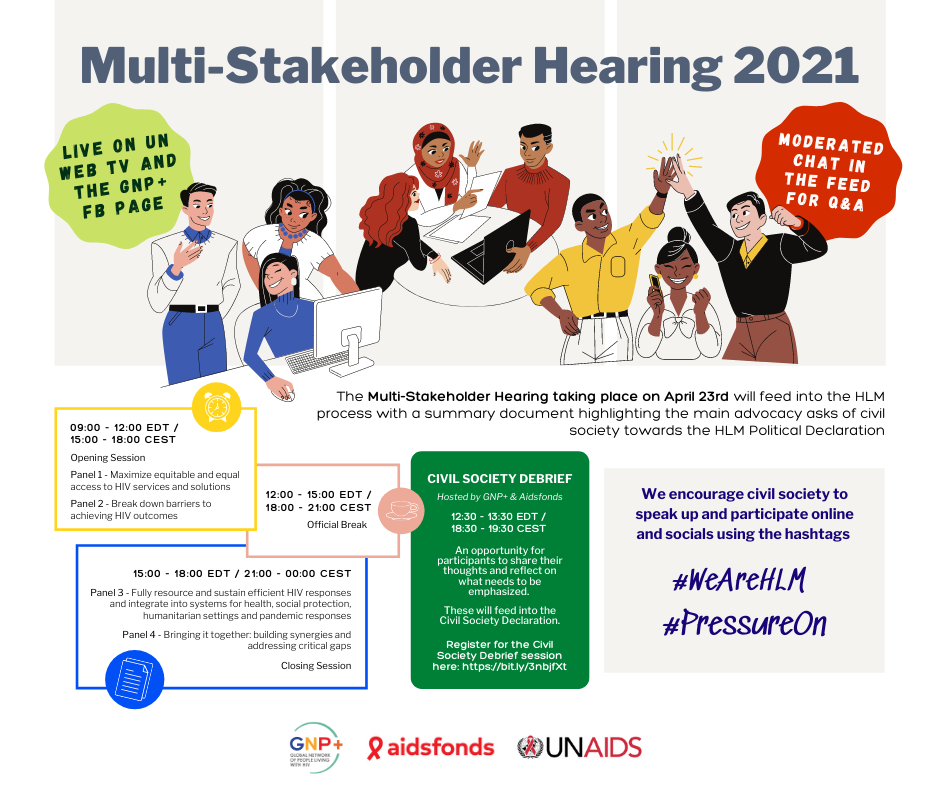
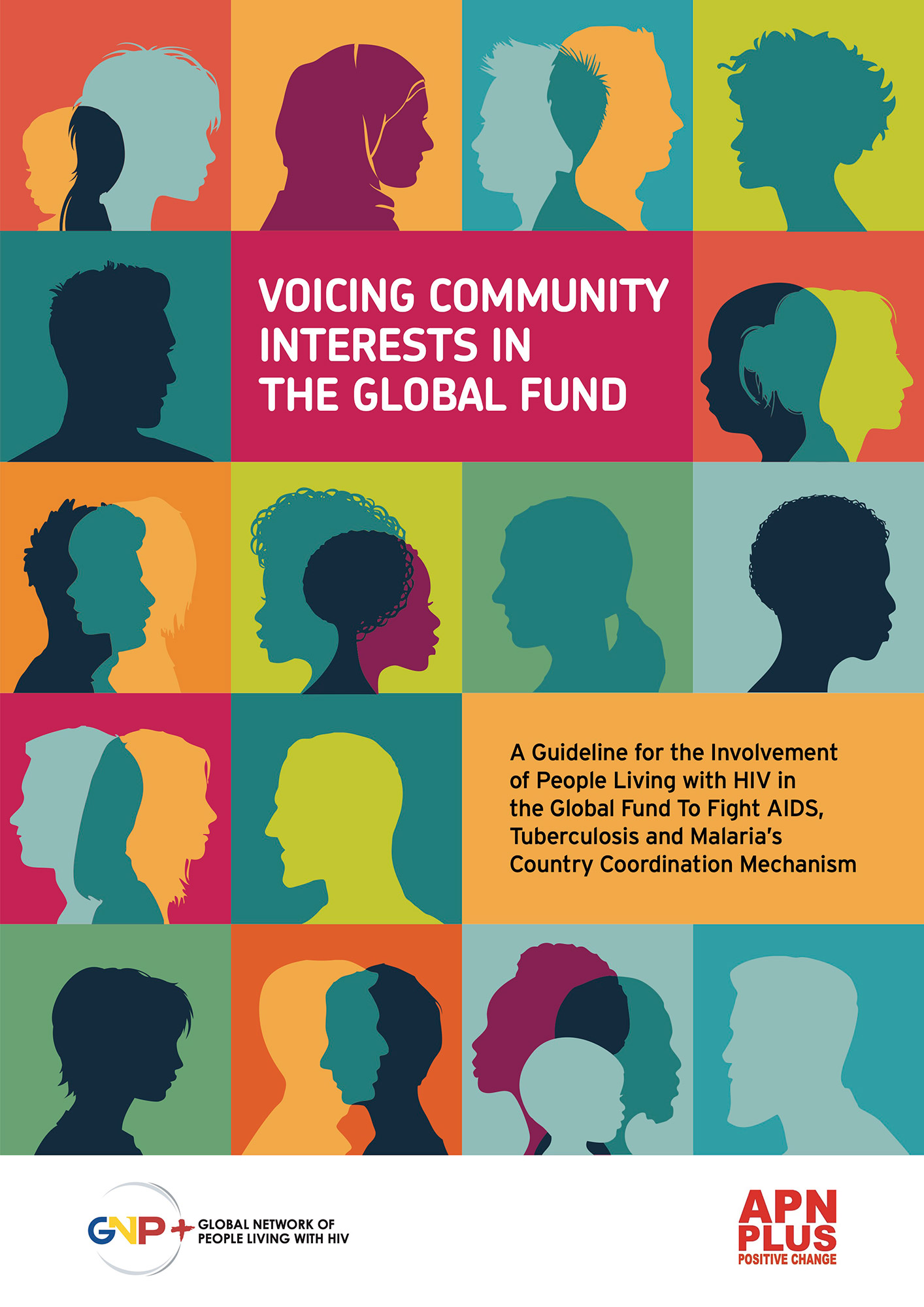
A Guideline for the Involvement of People Living with HIV in the Global Fund To Fight AIDS, Tuberculosis and Malaria’s Country Coordination Mechanism.
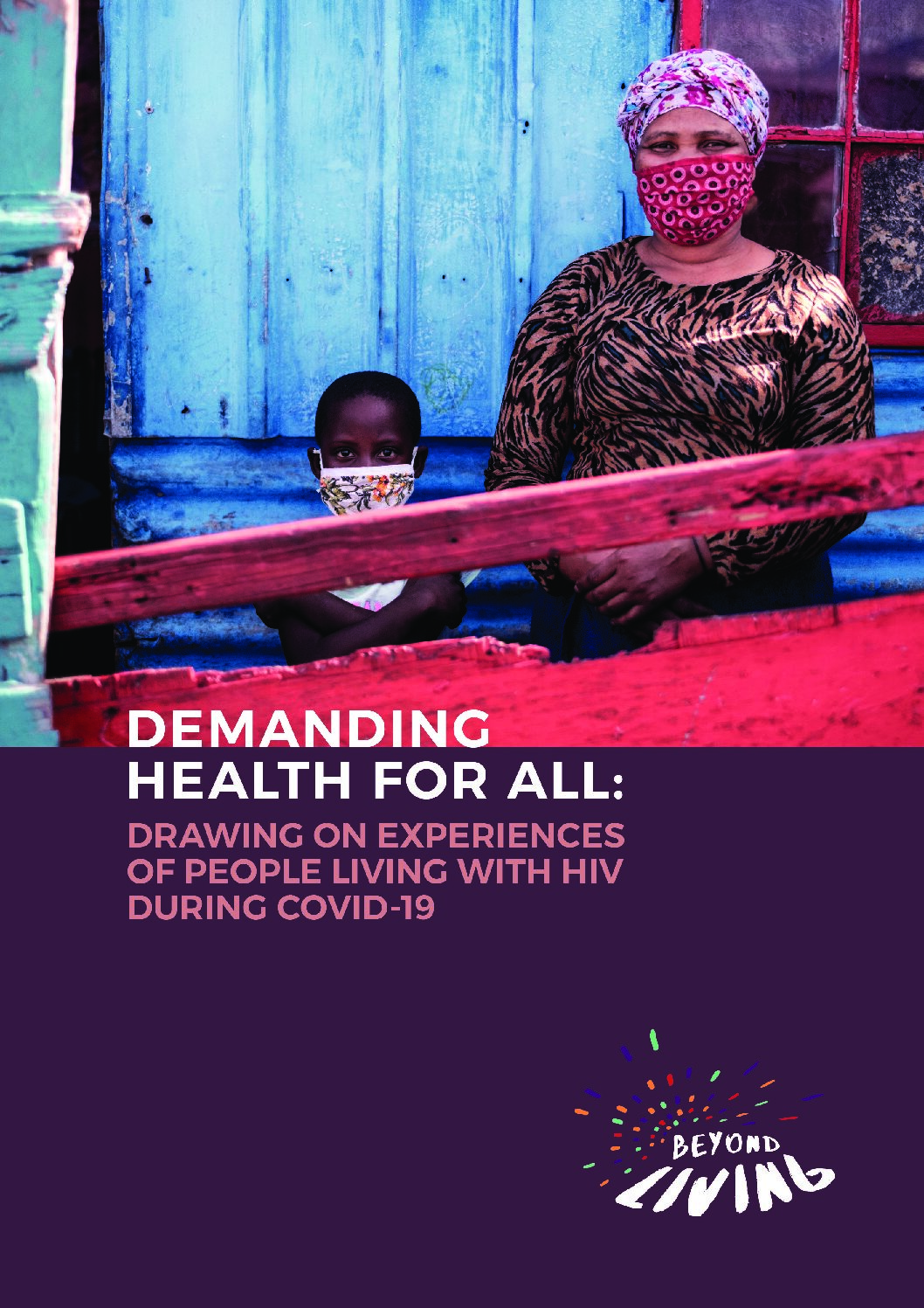
As the global networks of people living with HIV (GNP+, ICW and Y+ Global) we advocate for the rights of people living with HIV to improve their quality of life. We have seen the devastating impact COVID-19 has had on our communities and been frustrated by the inadequate responses of our governments and institutions. It doesn’t have to be like this. We know there is a better way.
This report looks at each of the three key pillars of universal health coverage (UHC) through the lens of our times. We look at the experiences of people living with HIV during the COVID-19 pandemic and consider what lessons can be drawn from their experiences to help bring about the realisation of health for all.
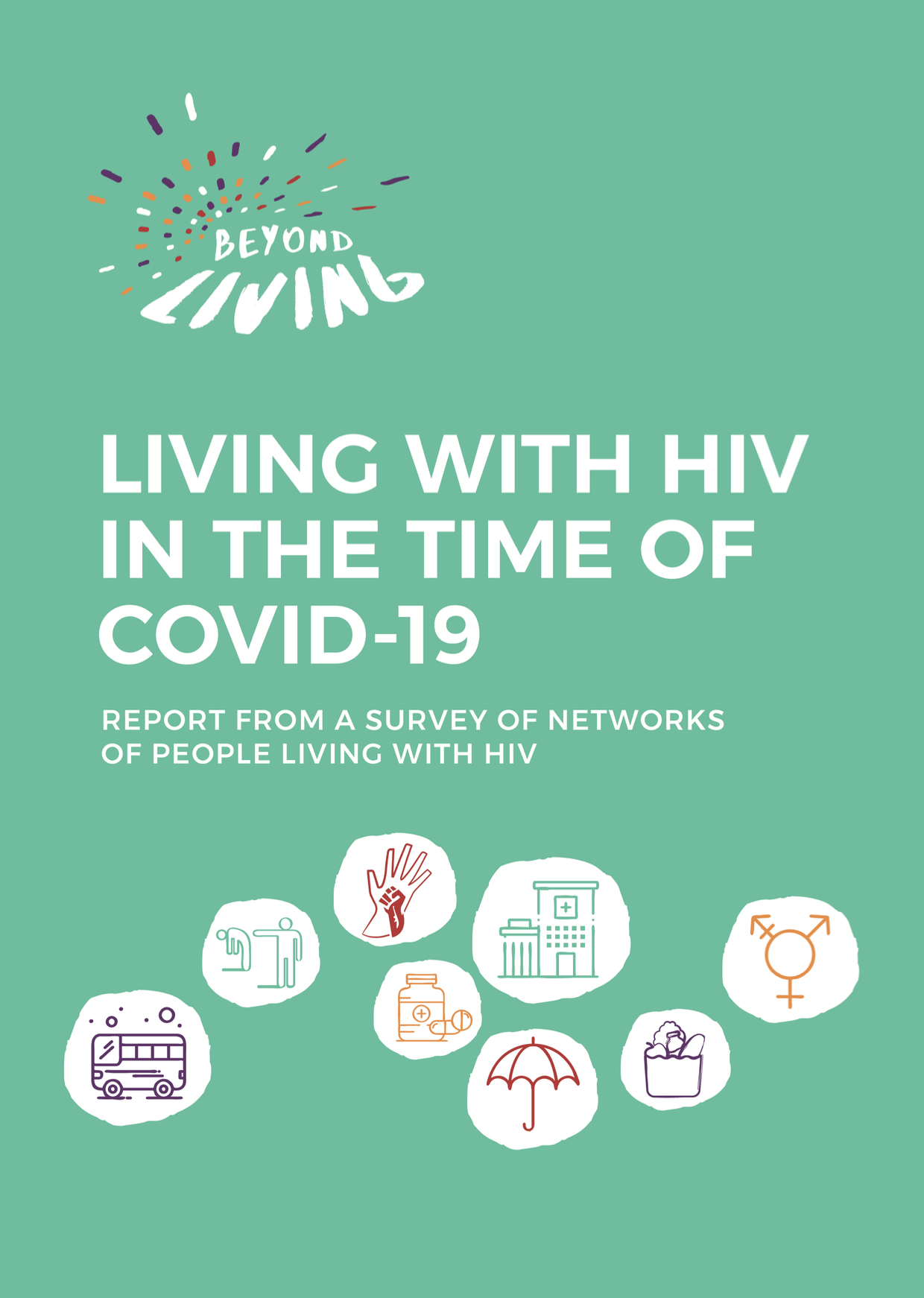
A survey by GNP+, ICW and Y+ Global found that networks of people living with HIV are using innovative ways to ensure their peers and their communities continue to have access to the critical services that they need. This report showcases their achievements.
59 networks of people living with HIV and community organisations from 37 countries took part in the survey throughout April and May 2020 and shared the challenges they are facing and the strategies they have put in place to support their communities.
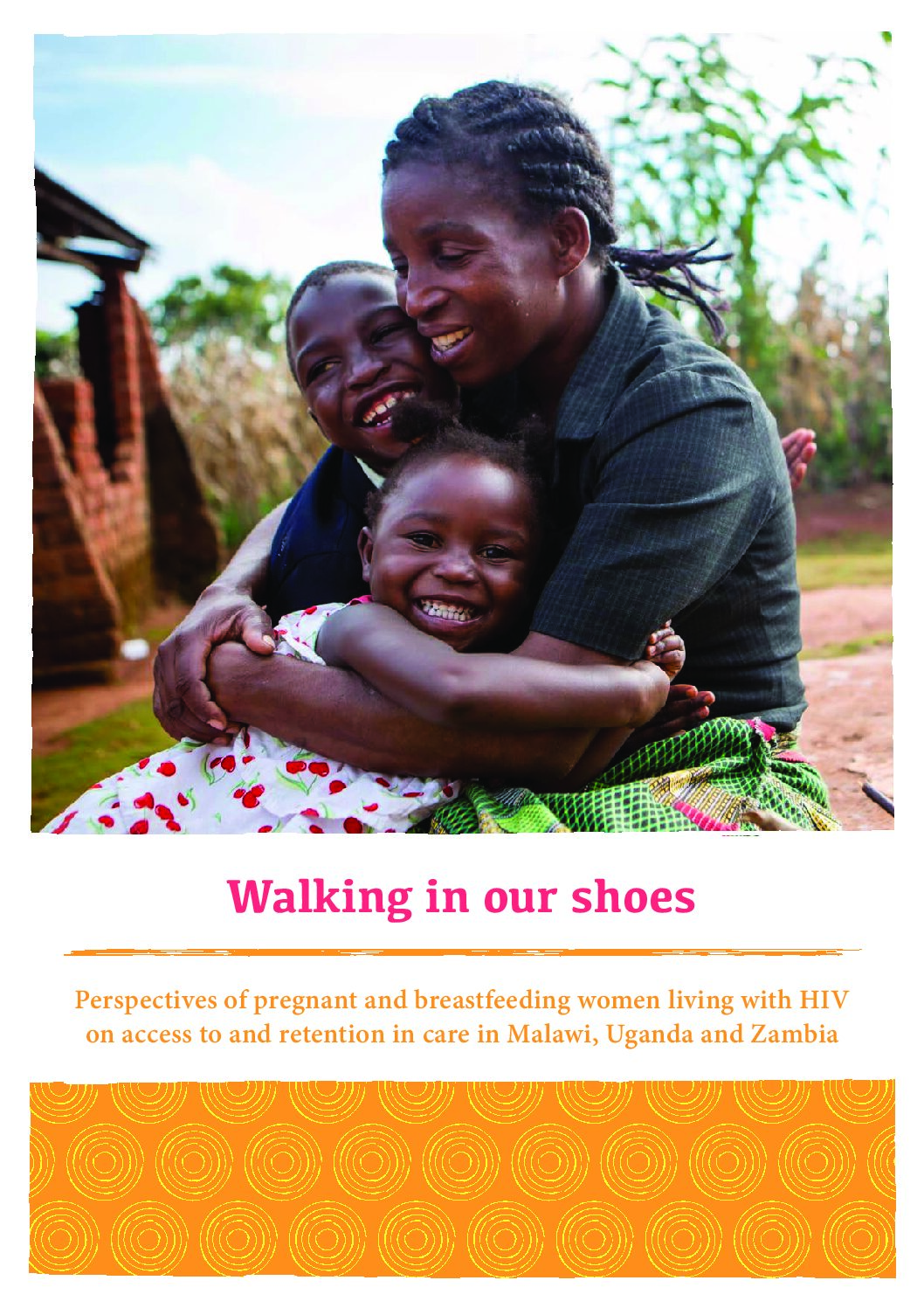
This report highlights the key factors that facilitate retention in care for women living with HIV and calls for increased focus on rights and dignity in care. The report presents the findings of community-led research related to the viewpoints and experiences of women who were initiated on antiretroviral treatment during pregnancy or breastfeeding and explores their perspectives on factors that have enabled them to successfully adhere to their treatment and retain in care.
The research for this report was coordinated jointly by GNP+ and the International Community of Women living with HIV (ICW) in partnership with ICW Eastern Africa and ICW Malawi and the Network of Zambian People living with HIV/AIDS (NZP+). This research, carried out by and for women living with HIV was conducted in three countries, Malawi, Uganda and Zambia, all of which are early implementers of the lifelong ARV treatment program (Option B+). Focus group discussions were held with women living with HIV who utilized services along with key informant interviews with healthcare workers, government representatives, international NGOs and community groups.
The aim of this research project is to develop a set of best practices on how healthcare systems can retain women living with HIV into lifelong care now that pregnant women living with HIV are being offered lifelong treatment. The report outlines from their own perspectives what factors help women living with HIV adhere to lifelong treatment and care.
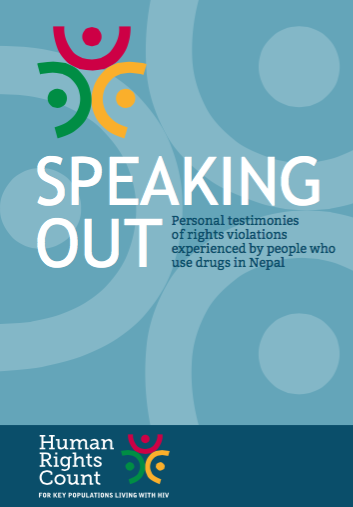
Three decades after the first case of HIV was found in Nepal, HIV has become one of the most devastating diseases the country has ever faced. To date it is estimated that 40,000 people are living with HIV and nearly 4,000 have died of HIV-related illnesses in Nepal. Throughout this time, people living with HIV and key affected populations, have experienced and witnessed many violations of their human rights. The project, ‘Human Rights Count for Key Populations Living with HIV (KPLHIV)’, aims to document these violations, to aid advocacy against them and to devise long-term solutions.
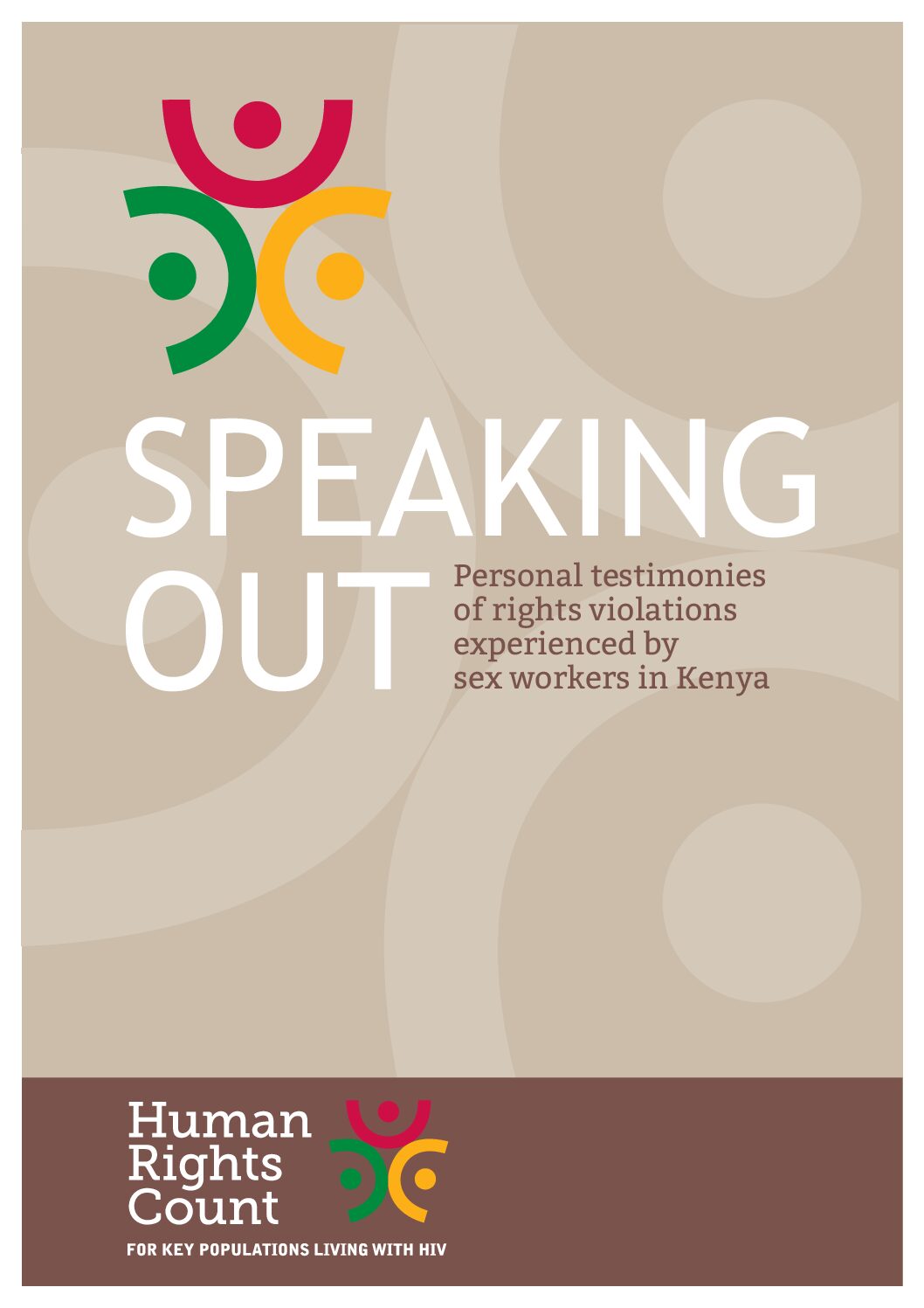
In Kenya, networks of key populations and people living with HIV decided to focus on human rights violations among female sex workers living with HIV. Interviews with 30 sex workers living with HIV in six counties – Nairobi, Mombasa, Kiambu, Machakos, Kisumu and Busia – brought to the surface the many human rights violations female sex workers living with HIV face while accessing healthcare services, and violations by law enforcement officers.
Based on real life examples of violations, the Kenyan networks defined recommendations to promote the right to healthcare and access to justice, and to reform laws and policies.
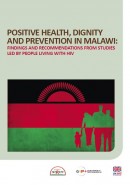
Findings and recommendations from studies led by people living with HIV
This report presents the findings of the PHDP survey in Malawi. It describes the experiences of PLHIV in the context of the national scale up of HIV testing, care and treatment with highlights of the important linkages between prevention, treatment, care, support and human rights. This can be used to inform evidence based PHDP programming. The findings of the study were analyzed in relation to the following PHDP components: empowerment, gender equality, health promotion and access, human rights, prevention of new infections, sexual and reproductive health and rights, and social and economic support.
The research was carried out by the Malawi Network of People Living with HIV (MANET+), with support from the Global Network of People Living with HIV (GNP+), conducted a cross-sectional survey among PLHIV to document their experiences in relation to Positive Health, Dignity and Prevention (PHDP) which promotes holistic health and wellness, including human rights, legal protections, policy environment free of stigma and discrimination for PLHIV as well as access to HIV treatment, care and support services and by doing so contributes to the health and wellbeing of their partners, families and communities.
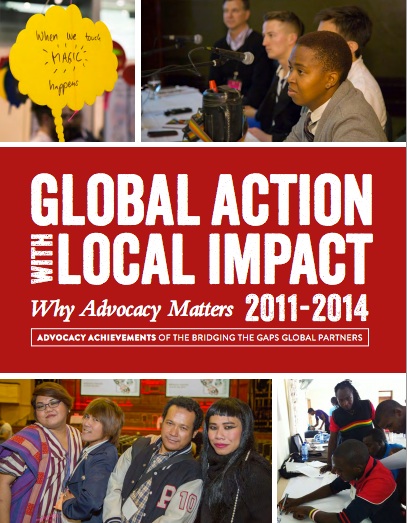
This report examines the role of global-level advocacy in addressing HIV among key populations, including people living with HIV (PLHIV), people who inject drugs, sex workers, and lesbian, gay, bisexual, and transgender (LGBT) people. Entitled “Global Action with Local Impact: Why Advocacy Matters,” the report details strategies used and outcomes achieved by five constituency-led global network organizations focused on key populations, providing numerous case study examples illustrating the concrete impact of advocacy at the global level.
The report focuses on global-level work conducted as part of the Bridging the Gaps program, an international multi-agency effort devoted to achieving universal access to HIV services and ensuring full human rights for key populations. Supported by the Netherlands Ministry of Foreign Affairs, the program is a collaboration between five Dutch-based organizations, five global key population networks, and 80 grassroots organizations across 16 countries.
The report includes principles of practice for global advocacy and a detailed theory of change depicting causal chains that lead to improvements in health and human rights for key populations. Numerous examples of global advocacy are included with a focus on concrete results of global advocacy initiatives. All work featured in the report was conducted by Bridging the Gaps global partners: the Global Network of People Living with HIV (GNP+), the International Network of People Who Use Drugs (INPUD), the Global Network of Sex Work Projects (NSWP), the MSMGF, and the International Treatment Preparedness Coalition (ITPC).
More information on each of the other global key population networks featured in the report can be found on their respective websites: INPUD (www.inpud.net); NSWP (www.nswp.org); the MSMGF (www.msmgf.org); and ITPC (www.itpcglobal.org).
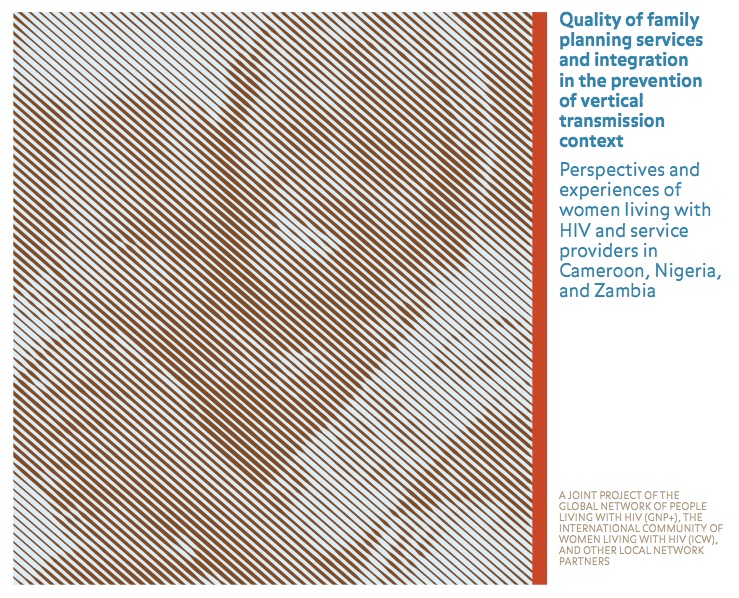
A new report released by the Global Network of People Living with HIV (GNP+), the International Community of Women Living with HIV (ICW), and other local network partners, calls for dignity and rights in family planning programmes for women living with HIV in Cameroon, Nigeria and Zambia. that calls for discrimination-free family planning services for women living with HIV. The study examined the experiences of women living with HIV in accessing family planning services.
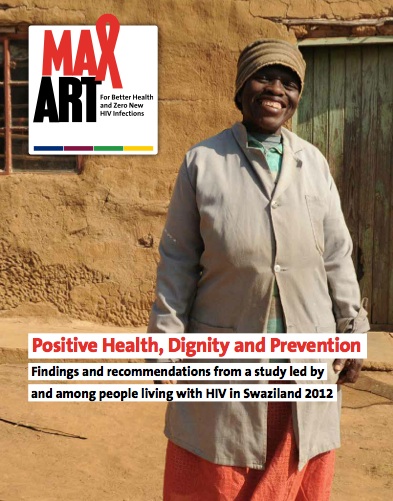
Positive Health, Dignity and Prevention. Findings and recommendations from a study led by and among people living with HIV in Swaziland 2012
At 26% Swaziland’s HIV prevalence is the highest among adults in the world (UNAIDS, 2010). An estimated 210,000 people of all ages are living with HIV in Swaziland. The increasing availability of HIV treatment has enabled people living with HIV (PLHIV) to live longer, healthier lives, and to engage in issues that directly impact on their lives and those of their partners, families and communities. In 2011, the Dutch Postcode Lottery funded a proposal submitted by STOP AIDS NOW! and the MaxART consortium, whose primary objective was to maximize access to antiretroviral treatment (ART) in Swaziland. The scale up in access to, and uptake of, HIV testing and treatment has set the stage for an implementation study to put into practice the exciting new evidence that HIV treatment can also serve as a means of prevention. One of the components of the project was the documentation of the needs and realities of PLHIV in Swaziland, in the context of the national scale-up of access to ART. This helped to continuously improve and develop evidence informed activities.
To this end, MaxART partner organization Swaziland National Network of People Living with HIV and AIDS (SWANNEPHA), with support from the Global Network of People Living with HIV (GNP+), conducted a cross-sectional survey among PLHIV to document their experiences in relation to Positive Health, Dignity and Prevention (PHDP) which promotes holistic health and wellness, including human rights, legal protections, policy environment free of stigma and discrimination for PLHIV as well as access to HIV treatment, care and support services and by doing so contributes to the health and wellbeing of their partners, families and communities. A total of 919 people were reached from the four regions of Swaziland with the support of expert clients who are also people living with HIV.
This report presents the findings of the PHDP survey and it describes the experiences of PLHIV in the context of the national scale up of HIV testing, care and treatment with highlights of the important linkages between prevention, treatment, care, support and human rights. This will go a long way to inform evidence based PHDP programming. The findings of the study were analyzed in relation to the following PHDP components: empowerment, gender equality, health promotion and access, human rights, prevention of new infections, sexual and reproductive health and rights, and social and economic support.